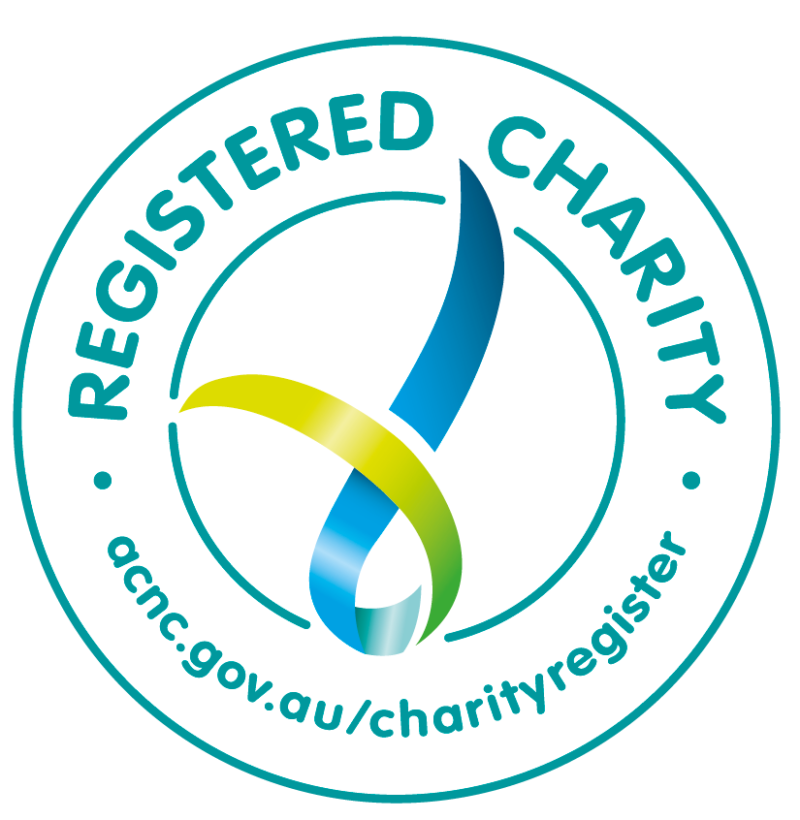Having a child is a life changing moment in your life. Your priorities shift, your lifestyle changes which can impact many different aspects of your life.
It’s a very exciting time, but with it comes a set of new challenges that you might not always be prepared for.
To ensure a positive and fulfilling experience during this significant life transition, it’s crucial for new parents to proactively monitor their mental health. By being attuned to the challenges and seeking support when needed, you can enhance the overall well-being of both yourself and your partner.
The transition into parenthood can be a challenging time. 1 in 5 new mums and 1 in 10 new dads or non-birthing partners experience perinatal depression and anxiety, which is around 100,000 Australian parents each year!
This year’s theme for Perinatal Mental Health Week homes in on the importance of having your ‘village’.
A village can provide parents with what they need to feel supported, accepted, nourished, cared-for and safe at the start and throughout their parenting journey. With a village around them, parents are better equipped to provide this same love and security to their bub.
Who is your village?
Your village starts with those already close to you, such as your partner, parents, grandparents, friends or neighbours. Your village can also include the wider community, people who know how you feel, who have had similar experiences, or a trained professional who can help you navigate through the weeds.
- Encourage open communication: It’s essential for new dads to feel comfortable expressing their thoughts and emotions during this significant life change. Encourage open communication within your relationship and create a safe space for discussing concerns, fears, and even the joys of parenthood. Sometimes, just talking about the experience can alleviate stress and strengthen the bond between partners.
- Share parenting responsibilities: Parenting is a shared responsibility and providing equal caregiving has a positive impact on your mental health. Getting involved with your newborn is important – share the load and involved yourself when you can. Sharing these responsibilities not only allows for a more equitable distribution of tasks but also provides you with valuable bonding time with their newborns, fostering a sense of connection and confidence.
- Prioritise self-care: Although you have entered a new stage of your life with different priorities, that doesn’t mean you forget to look after yourself! It’s important to get adequate rest where possible, regular exercise, and moments of personal time to maintain mental health. Whether it’s going for a walk, enjoying a hobby, or simply having some quiet time, self-care contributes significantly to overall mental well-being.
- Seek professional support if needed: It’s important to know that seeking professional support is a sign of strength, not weakness. If they are experiencing overwhelming emotions or struggling to cope, we encourage you to reach out to a mental health professional. There are various resources available, from therapists specialising in perinatal mental health to support groups for new fathers. If you or someone you know is struggling, call Lifeline on XYZ, visit Beyond Blue XYZ
- Connect with other dads: Building a community of support with other new dads can be invaluable, whether it’s a group of your mates or in your workplace. Connecting with others who are going through similar challenges can help normalise the range of emotions that come with fatherhood and provide a sense of camaraderie.



